This week we got a chance to attend the Black Ops 4 Community Reveal event. There we got to go hands-on with the new multiplayer component for Black Ops 4 on the PC and PlayStation 4. The experiences were largely the same between the two platforms. We got ample time with each to take a look at the new (old) create a class system, go hands-on with some familiar faces in the game’s specialists, and try out some of the new weapons on multiplayer maps for the game.
You can check out our “hot take” impressions that we recorded at the event over some gameplay on our YouTube channel or in the player below. These impressions were our instant takeaways from the hands-on time, but taking a flight home and a day to sleep on it — I think it’s pretty clear that Treyarch is taking a bold step in a new direction for the Call of Duty series with Black Ops 4. Some things are pretty obvious if you’ve been following along throughout the reveal. This will be the first Call of Duty game to abandon the single player campaign. The developers seem to also have big plans in store for their Blackout mode, which is still very much an unknown quantity.
Hands-on Impressions Black Ops 4
While a single player campaign is a staple that many Call of Duty fans have come to expect in the yearly series, it’s certainly not the thing that keeps players logging in on a daily basis. Taking that into consideration, it makes sense that they abandoned the campaign for this game. Whether that’s the result of reported development troubles, or if comments we recently received from Treyarch are the truth and to paraphrase a producer at the studio ‘ We we’re never going to make a campaign and we knew right after Black Ops 3 that we wanted to make some thing different.” Whatever the road that got them here, they’re here. Call of Duty: Black Ops 4 will be focused entirely on multiplayer. With Blackout Mode confirmed to launch alongside Zombies and Multiplayer this October.
As for Zombies and Blackout, we only got a small taste of what’s to come. Zombies appears to be one of the most robust first day offerings with three different Zombie campaigns. Treyarch thinks these are definitely something that will hold a great deal of narrative and value for the solo Call of Duty player who’s missing the campaign. Add to that some replayability additions, like bots and difficulty levels and Zombies Mode in Black Ops IIII should be more accessible than it’s ever been. Can it make up for a single player campaign? Time will tell. Treyarch also points to 10 unique Specialist missions as something that can provide value for the solo player. Though it’s clear that Treyarch doesn’t want those players to stop there. In an interview while at the reveal, a producer told us that they would hope that the features gateway players into multiplayer whether that be Zombies, Competitive, or Blackout.
Right now Blackout Mode is all hype.
Blackout Battle Royale will probably make or break this year’s game and right now it’s all hype. The manner in which Treyarch unveiled Blackout left a lot to be desired. We got an idea of what type of scope they were working with in explaining that it will be much bigger than anything they’ve ever done and the size of the map would be Nuketown x 1500. That’s a pretty big map alright. Their announcement was confident, and there was plenty to get excited about when they showed off classic maps in the game and let players imagine a Battle Royale map that was chocked full of Call of Duty classics. No matter how exciting the premise sounds, not a pixel was shown. Our understanding is that the player count for Blackout is still very much in flux at the studio as Treyarch is doing play testing with different sized groups to get the right feel for engagements.
We didn’t get to play Blackout (or see it) or play the new Zombies mode, but we did get to go hands-on with multiplayer.
I said to myself when we first started playing that this game was just Black Ops 3 without the mobility features of the last game. It’s incredibly easy to glance at the game, watch a video of it, or even play it for a short bit and think that this is the case. I don’t think this could be farther from the truth. At first I tried to play the game like previous Call of Duty games, and that’s when you realize that Black Ops 4 is a strong step away from traditional Call of Duty multiplayer to something that feels more like a hero shooter. Where my personal preference has been deathmatch, team deathmatch, or kill confirmed style games, this new specialist system had me enjoying the objective based modes like Hardpoint or the new Control mode far more. It’s because this game has apparently been designed for these objective style modes with Specialists that can truly work together like you see in something like Overwatch or Rainbow Six. There’s still a strong Call of Duty to presence when it comes to how the game looks and plays, but the inspiration seems clear. Even in the kill based modes like TDM there felt like there was an extra layer of strategy in being able to use the specialist abilities in tandem with others to get the upper-hand in a battle. While it feels like a Call of Duty game and looks like a Call of Duty game, the focus seems to have changed and I’m not sure what this means for “Lone Wolf” style players.
As someone who likes to play Call of Duty on my own, just hopping into random rooms when I have some time to play a couple games, I couldn’t help but think of the implications of the new Specialist system. This new system only allows one person to pick a certain specialist, and each one can perform vital actions for the team. There’s just far more responsibility for that lone wolf player if they’re trying to win. Treyarch explained to us that they didn’t think this would be the case. In fact, they think it will be the opposite. To paraphrase, they believe that since each Specialist does have a specific job, players will learn how to use each character, and know what their job is whether they’re playing with random players or partied up with teammates. While this is wishful thinking by the developers, it’s hard to tell if that will actually be the case in the real world. Call of Duty at its peak was a game that needed very little cooperation or communication to play. Anyone could hop in and play with a very minimal barrier to entry. I think this will raise that bar somewhat in giving players more to manage. Games like Rainbow Six: Siege and Overwatch have grown largely successful in recent years using a similar structure, what this appears to be is Call of Duty’s spin on this.
Some of what you expect from Call of Duty, and some things you don’t
So how’s that spin play? The game felt quite good on the PlayStation 4. After tweaking sensitivity and getting my bearings, it looks and plays like other Call of Duty games. It’s got those snappy controls, stable frame rate, and high time to kill that you’ve come to expect from the series. Treyarch’s straight forward create a class system allows you to build just about any loadout you can think of as it all boils down to points you use. While the guns available at the demo felt somewhat sparse, the weapons that we did try out felt varied and as they should for their respective classes. Each gun also had specific attachments that you could add-on to the weapon. Once you’ve got your class ready it’s time to pick a specialist and they’ve all got special abilities that they bring on to the battlefield.
There were eight Specialists at the event, though Treyarch says they hope to launch with at least 10. Battery, Ajax, Torque, Firebreak, Crash, Recon, Ruin, and Seraph. Some were returning characters from Black Ops 3, others were brand new. Each of them had unique abilities, being able to do things like throw down ammunition packs, respawn points, deploy health, lay down shields and others. This is where it become clear that there was a strong focus on tactical, team-based gameplay in Black Ops IIII. Each Specialist can only be picked once. If you’re the healer, “Do your Job,” is what Treyarch says. The new equipment and abilities breath some life into the objective modes of Call of Duty. Playing modes like Domination, Hardpoint, and the new mode Control felt like there was bit more strategy involved, and there were some pretty great encounters because of it.
Aside from the specialists and their abilities changing the game’s feel, there were was another big change to the way the game plays and that’s in the new healing mechanic. Black Ops 4 allows players to heal themselves at any time. It adds another layer of strategy to gunplay in that you can generally disengage from a fight if you take slight wounds, heal up, and then get back into the fight. I found this part to add a really rewarding aspect to the game that made it feel fresh. By the time we were done playing, using this new mechanic became second nature like reloading after a gunfight. No matter what mode we played, the running and gunning of previous games feels like a thing of the past. Constantly running into multiple enemies with healing abilities and specialist powers — trying to lone wolf this game felt like a path with plenty of resistance.
With just a handful of matches under our belt and the expectation that the game will continue to be refined over the course of the next five months, I’m not sure what we played at the event will be what we’re playing in October. But it’s clear that the core ideas behind Black Ops 4 multiplayer have changed and will make it feel much different than previous games. For those that were hoping that the next Black Ops game would be a return to form for the series, and a game that ushers in a nostalgic trip back to the gameplay that series featured when it was at the peak of popularity, this does not seem to be the case.
Disclaimer: Travel and lodging was provided to us by Activision to attend this event.


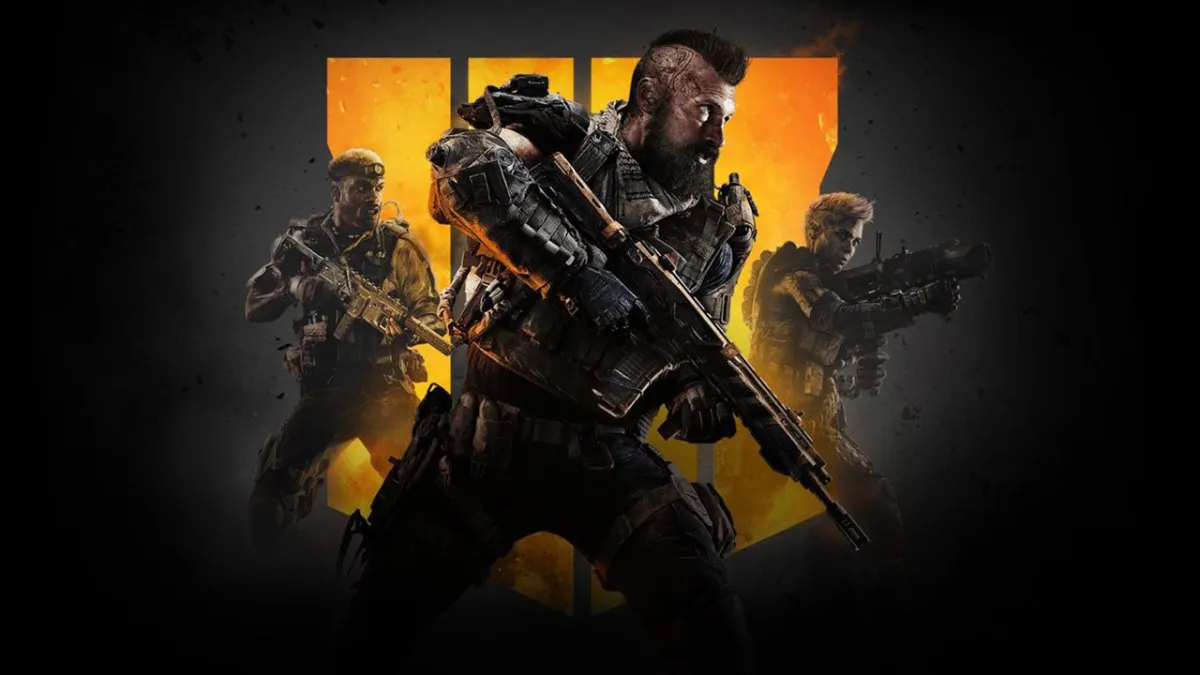

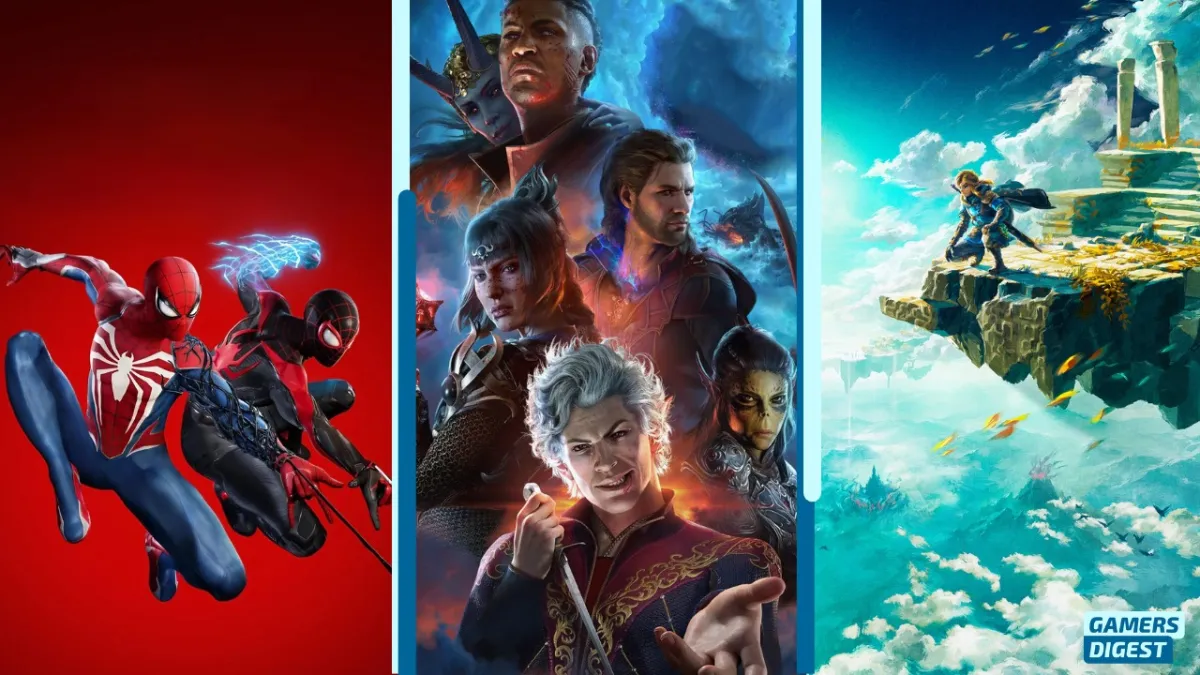
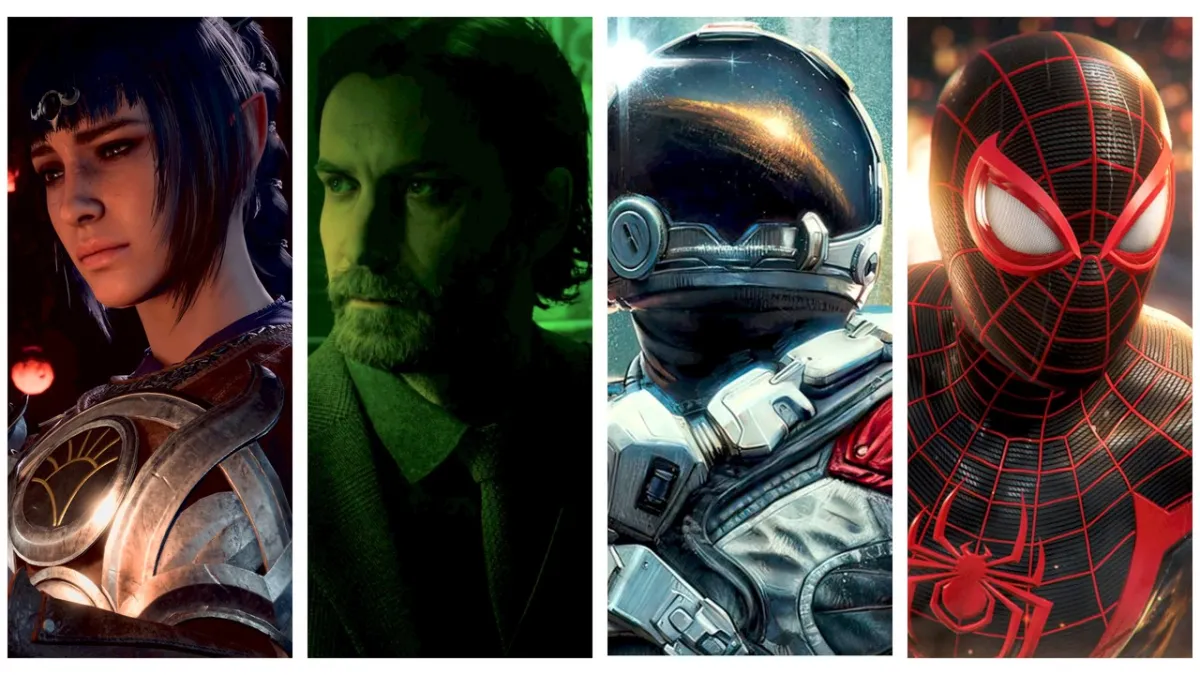

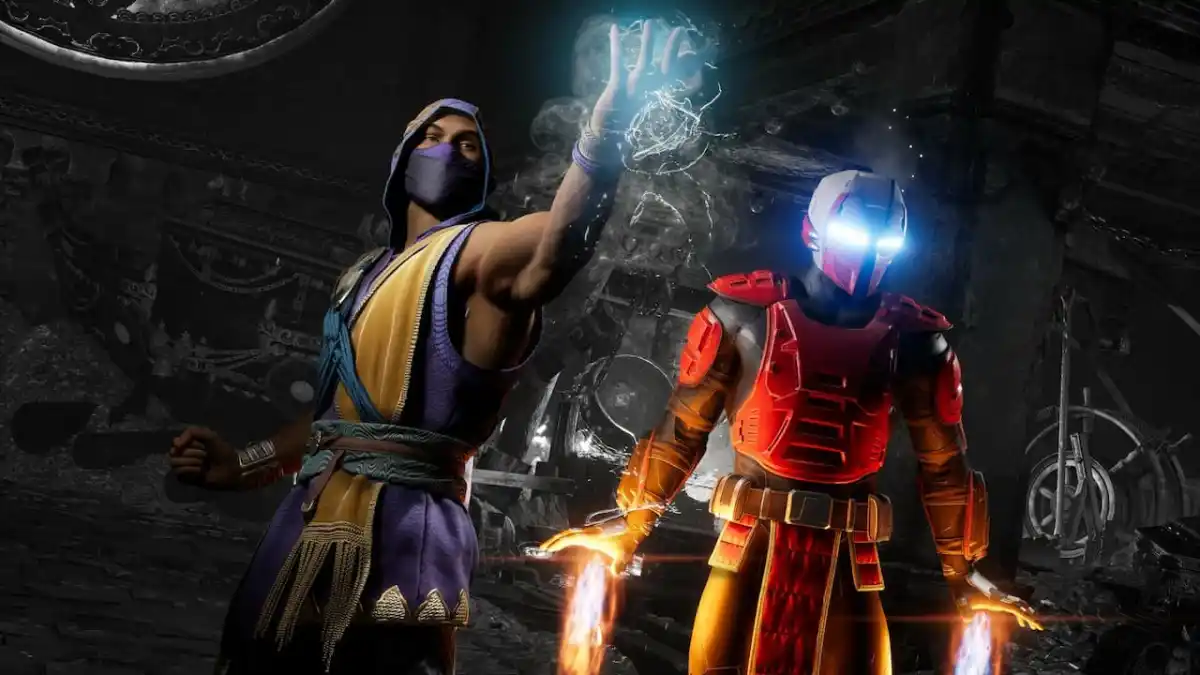
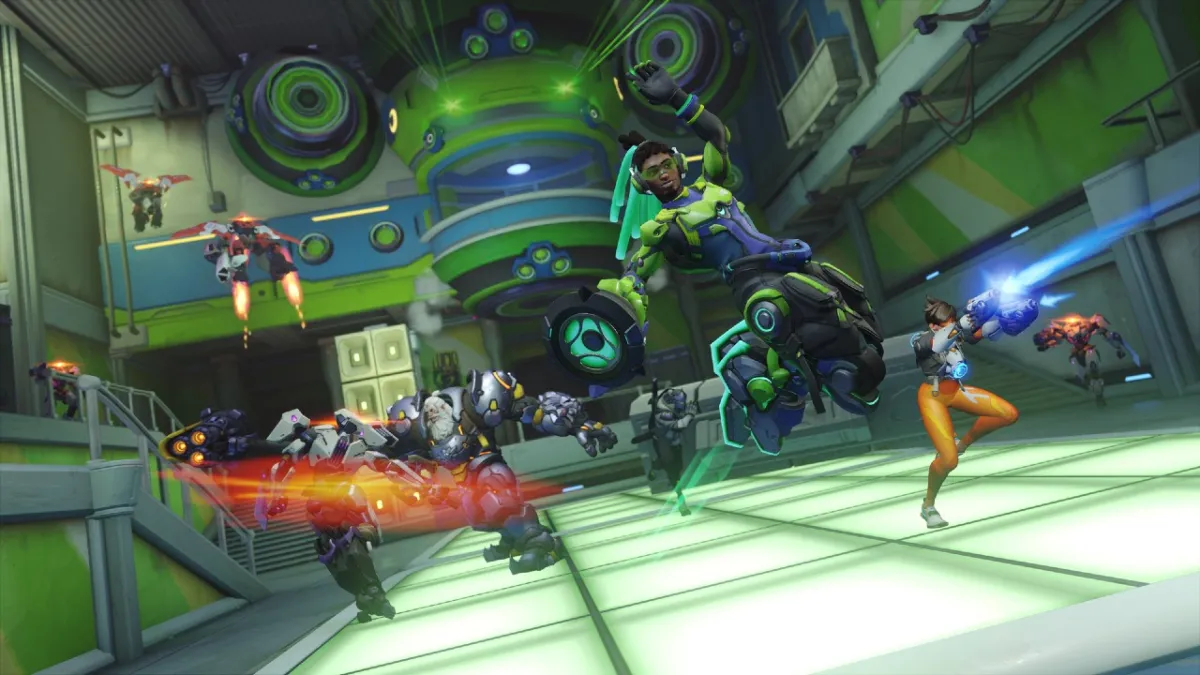

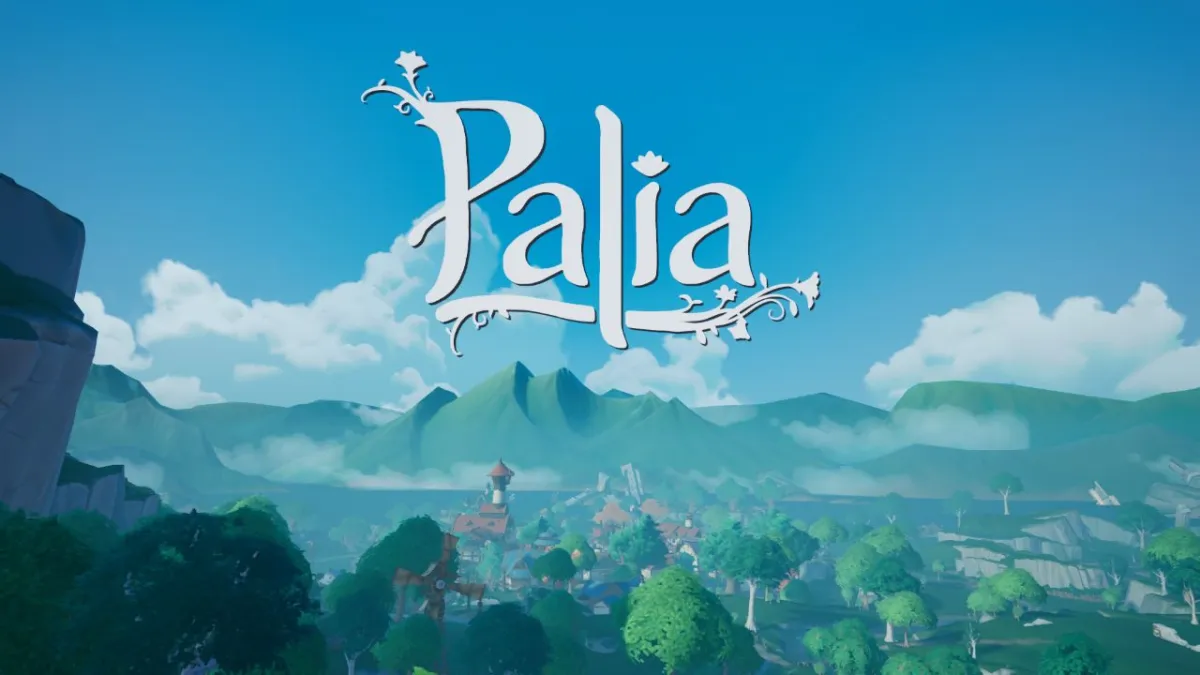
Published: May 19, 2018 09:27 am